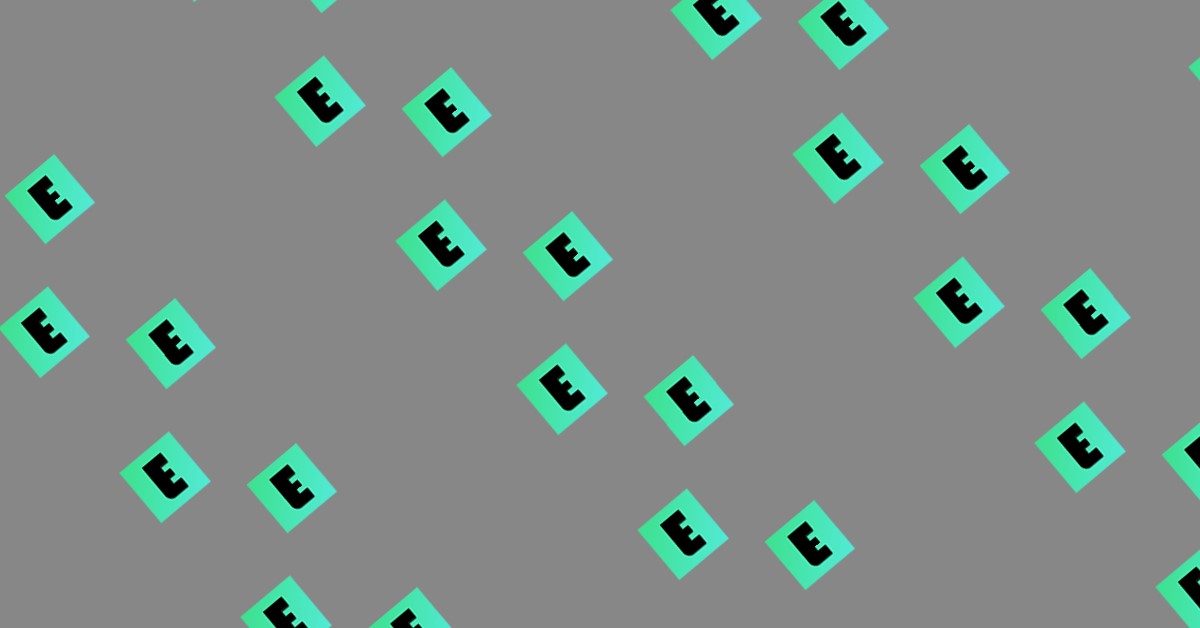The Bachelor of Computer Applications (BCA) is a three-year undergraduate program tailored for individuals aspiring to build a career in computer science and information technology. With its industry-aligned curriculum, the program equips students with the foundational and advanced knowledge necessary for technological innovations and IT solutions.
Table of Contents
- Overview of the BCA Program
- Course Structure and Curriculum
Core Subjects
Elective Options
- Specializations in BCA
- Skills Acquired During the Course
- Eligibility Criteria for BCA Admissions 2024
- Admission Process
Entrance Exams
Direct Admission
- Top Colleges Offering BCA in 2024
- Course Fees
- Scholarships and Financial Aid
- Career Opportunities After BCA
- Placement Trends for BCA Graduates
- Top Recruiters for BCA Professionals
- Salary Expectations for BCA Graduates
- Further Education After BCA
- Conclusion
- FAQs
- Overview of the BCA Program
The BCA program provides a comprehensive understanding of programming languages, database management, web technologies, and software development. It is ideal for students who are passionate about computer applications, coding, and IT infrastructure.
- Course Structure and Curriculum
The BCA curriculum is meticulously designed to balance theoretical knowledge with practical applications.
Core Subjects
Fundamentals of Programming (C, C++)
Data Structures and Algorithms
Database Management Systems
Software Engineering
Computer Networks
Operating Systems
Elective Options
Artificial Intelligence
Cybersecurity
Mobile Application Development
Data Science and Analytics
Cloud Computing
The program also includes internships, project work, and industry certifications to enhance employability.
- Specializations in BCA
Students can opt for specializations to align their studies with career goals. Some popular options include:
Web Development: Focus on HTML, CSS, JavaScript, and frameworks like AngularJS.
Data Science: Emphasizes data analysis, machine learning, and Python programming.
Game Development: Includes game design, physics, and Unity tools.
Cybersecurity: Covers ethical hacking, encryption, and network security.
- Skills Acquired During the Course
Graduates of BCA gain technical and soft skills, including:
Problem-solving and analytical thinking
Proficiency in programming languages
Project management
Effective communication
Collaboration and teamwork
- Eligibility Criteria for BCA Admissions 2024
Educational Qualification: 10+2 from a recognized board with a minimum of 50% marks.
Subject Requirements: Mathematics is often a mandatory subject in higher secondary education.
Age Limit: Typically 17-25 years, though this may vary by institution.
- Admission Process
Entrance Exams
Many colleges conduct entrance exams to shortlist candidates. Some popular BCA entrance exams include:
IPU CET (Indraprastha University Common Entrance Test)
CUET (Common University Entrance Test)
SET (Symbiosis Entrance Test)
Direct Admission
Some private universities and colleges offer direct admission based on 10+2 marks.
- Top Colleges Offering BCA in 2024
- Christ University, Bengaluru
- Loyola College, Chennai
- St. Xavier’s College, Kolkata
- Symbiosis Institute of Computer Studies and Research, Pune
- Banaras Hindu University (BHU), Varanasi
- Course Fees
The cost of pursuing a BCA degree varies by institution and region.
Government Colleges: ₹25,000 to ₹50,000 per year
Private Colleges: ₹1,00,000 to ₹2,50,000 per year
- Scholarships and Financial Aid
Several scholarships are available for deserving and financially constrained students. These include:
National Scholarship Portal (NSP): Offers government scholarships for SC/ST/OBC students.
Merit-based Scholarships: Offered by institutions for top-performing students.
- Career Opportunities After BCA
BCA graduates can explore diverse career paths in IT and software development. Popular roles include:
Software Developer
Web Designer
Database Administrator
IT Support Specialist
- Placement Trends for BCA Graduates
Placements are a critical aspect of a BCA program. Many institutions have active placement cells to connect students with leading companies.
Average Placement Statistics
Placement Rate: 80%-95% in reputed institutions
Top Companies: Infosys, Wipro, TCS, IBM, Capgemini
- Top Recruiters for BCA Professionals
Prominent recruiters for BCA graduates include:
Microsoft
Amazon
HCL Technologies
Cognizant
- Salary Expectations for BCA Graduates
The average salary for BCA graduates depends on the job profile and employer.
Entry-level Salary: ₹2.5 LPA to ₹4 LPA
Experienced Professionals: ₹6 LPA to ₹10 LPA
- Further Education After BCA
BCA graduates often pursue higher education to specialize further:
MCA (Master of Computer Applications): Deepens IT expertise.
MBA (Master of Business Administration): Combines tech skills with management knowledge.
Certification Courses: Data Science, Cloud Computing, or Full-Stack Development.
- Conclusion
The Bachelor of Computer Applications (BCA) program is a gateway to a promising career in the IT sector. With its industry-relevant curriculum, ample placement opportunities, and pathways for further studies, the BCA degree remains a popular choice for students passionate about computer science.
- FAQs
Q1: Is BCA better than B.Tech in Computer Science?
Both programs have unique benefits. BCA focuses on applications and practical knowledge, while B.Tech emphasizes core engineering principles.
Q2: Can I pursue BCA without Mathematics in 10+2?
Some colleges allow non-mathematics students to apply, but mathematics is preferred in most cases.
Q3: What are the job roles after completing BCA?
Popular roles include software developer, database manager, IT consultant, and system administrator.
Q4: Are internships mandatory during the BCA program?
Yes, most institutions include internships as part of the curriculum to provide practical exposure.
Q5: What is the scope of BCA abroad?
BCA graduates can explore opportunities in global IT firms or pursue higher education, such as MS in Computer Science.
Q6: How do I choose the best college for BCA?
Consider factors like faculty expertise, placement record, infrastructure, and fees before making a decision.
Q7: Is distance education available for BCA?
Yes, universities like IGNOU and Sikkim Manipal University offer BCA via distance learning.
Q8: Can I switch to a management role after BCA?
Yes, pursuing an MBA or certifications in management can help transition to managerial roles.



